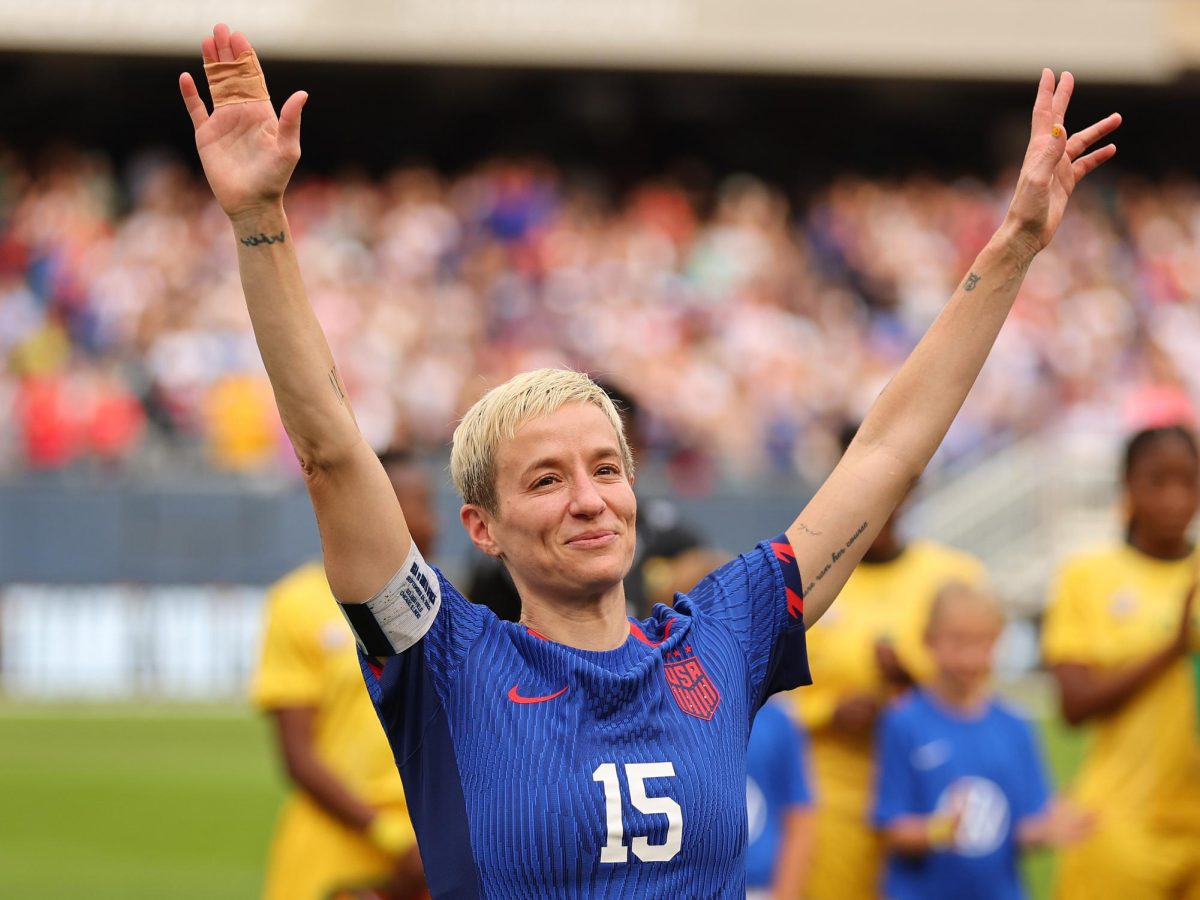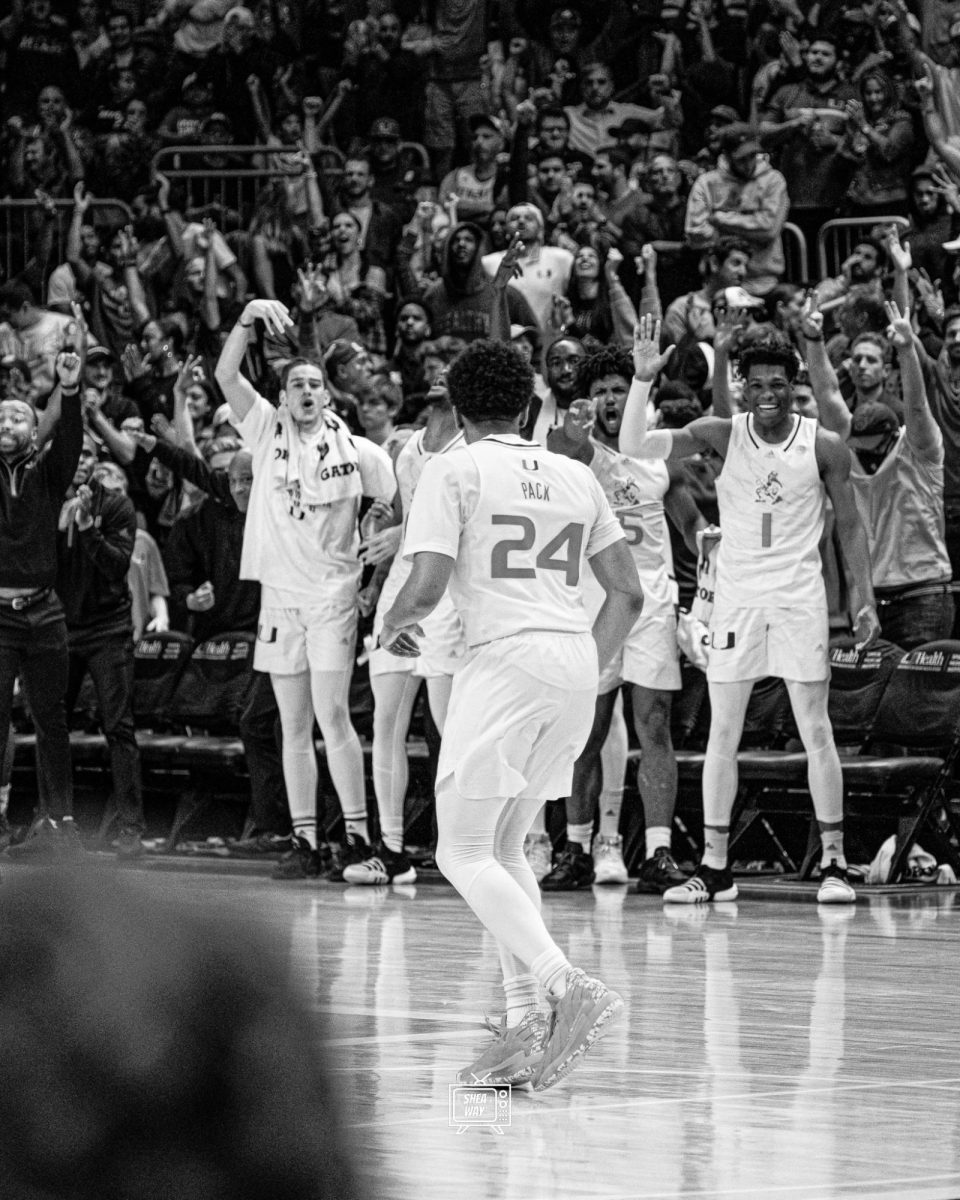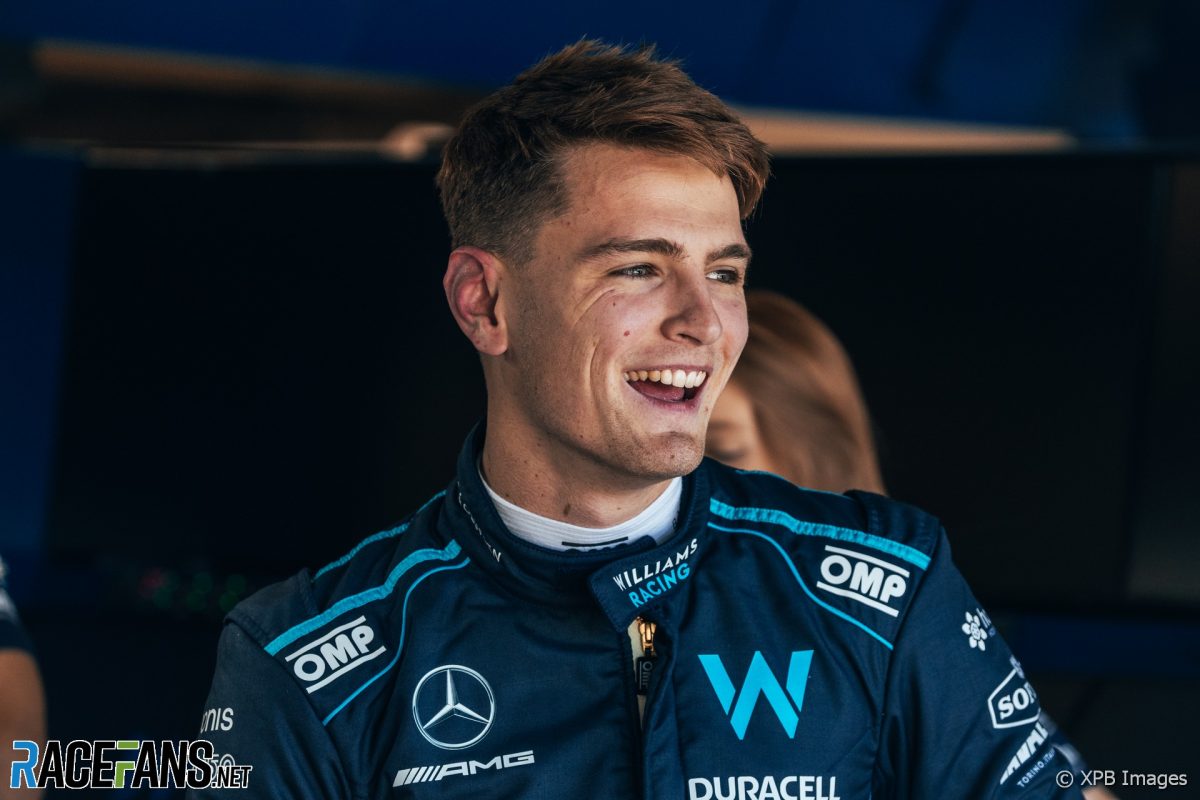Megan Rapinoe: professional soccer player, Olympic gold medalist for the United States Women’s National Team, two-time Women’s World Cup champion, and an outspoken advocate for social change. She is arguably best known for her iconic pink hair, her celebration after goals — now dubbed “the Rapinoe” — and last but not least, her activism. Her work as an activist has addressed numerous issues, including unequal pay for women in sports, systemic racism and the prison system, the opioid crisis and substance abuse, LGBTQ+ issues, and so much more. Rapinoe played her last game on the USWNT this past Sunday, and her retirement is the end of an era in so many ways.
Having people like Rapinoe in the sports world is vital. She is outspoken, unafraid, and unapologetic in a system that was created by men and for men. Seeing her as an out, proud lesbian who doesn’t hide who she is or what she believes in the sports industry is beyond inspirational.
Jennifer Doyle, a queer theorist and sports writer, wrote in her book Introduction: Dirt off Her Shoulders, “… mainstream sports culture theatricalizes the exile and abjection of the feminine, the effeminate, the queer.”
The heteronormative state of this industry hates women being included in it, and it may hate queer people included in it even more. Nevertheless, we are still here. We still exist, compete, inspire, and support each other. Rapinoe has been such a prominent voice, and I cannot imagine a USWNT without her. I have read and reread her memoir, One Life, and would highly recommend it to anyone and everyone. She acknowledges her privilege and uses the fact that she knows people will read her book to spread important messages and educate people. The book contains many tangents related to reforming the prison system, systemic racism, and how white athletes need to do better regarding activism and supporting Black Lives Matter. Rapinoe has amassed such a platform and a reputation that her retirement feels as though we are losing a driving force, both on and off the field. However, I am so excited to follow her journey after retirement. Who knows what she will accomplish with more time on her hands?
Seeing her being happy and able to embrace who she is has been really amazing. As a lesbian athlete who struggled with my sexuality in high school and a current collegiate athlete, consistently having her as a role model throughout my childhood undeniably has changed how I view myself and my confidence. I am now a part of Oberlin’s Queer Student Athlete Group and am hoping to do research on queer athlete mental health in our current social climate — basically, I’ve been able to unlock a huge part of who I am and what I am passionate about in terms of my relationship with myself, my queerness, and athletics.
As someone who wants to go into sports but never wants to hide part of who I am to do so, she has shown me that I can still be successful and respected for my identity. You should never change who you are to get people to “like you” or to fit the mold of a specific industry. Seeing her thrive in every walk of life gives me hope for the future of women, and specifically lesbians, in sports.
My favorite quote from her, which is also one of my favorite quotes ever, is, “You can’t win a championship without gays on your team — it’s never been done before, ever. That’s science, right there! I’m motivated by people who like me, who are fighting for the same things. I take more energy from that than from trying to prove anyone wrong.”
There is such a positive energy at Oberlin around being openly queer and competing as such. Being on a team that not only accepts me, but also where I am surrounded by people who are like me and are supportive of me, has fundamentally changed me as a person and also, I think, made me a much better athlete. I never thought I would find a community like this, but I am so grateful that I have. I will always hold the queer athlete community close to my heart, even after I leave Oberlin.
Obviously, the whole world is not like Oberlin, especially not the sports industry, but I know I will always carry that community with me. I will never hide who I am. I will always thank Megan Rapinoe for being a role model. And, though she may not be on the pitch anymore, the fact that she was out there at all was life-changing. She has inspired a whole generation of queer athletes, and I will never be able to put into words how much she’s inspired me.








